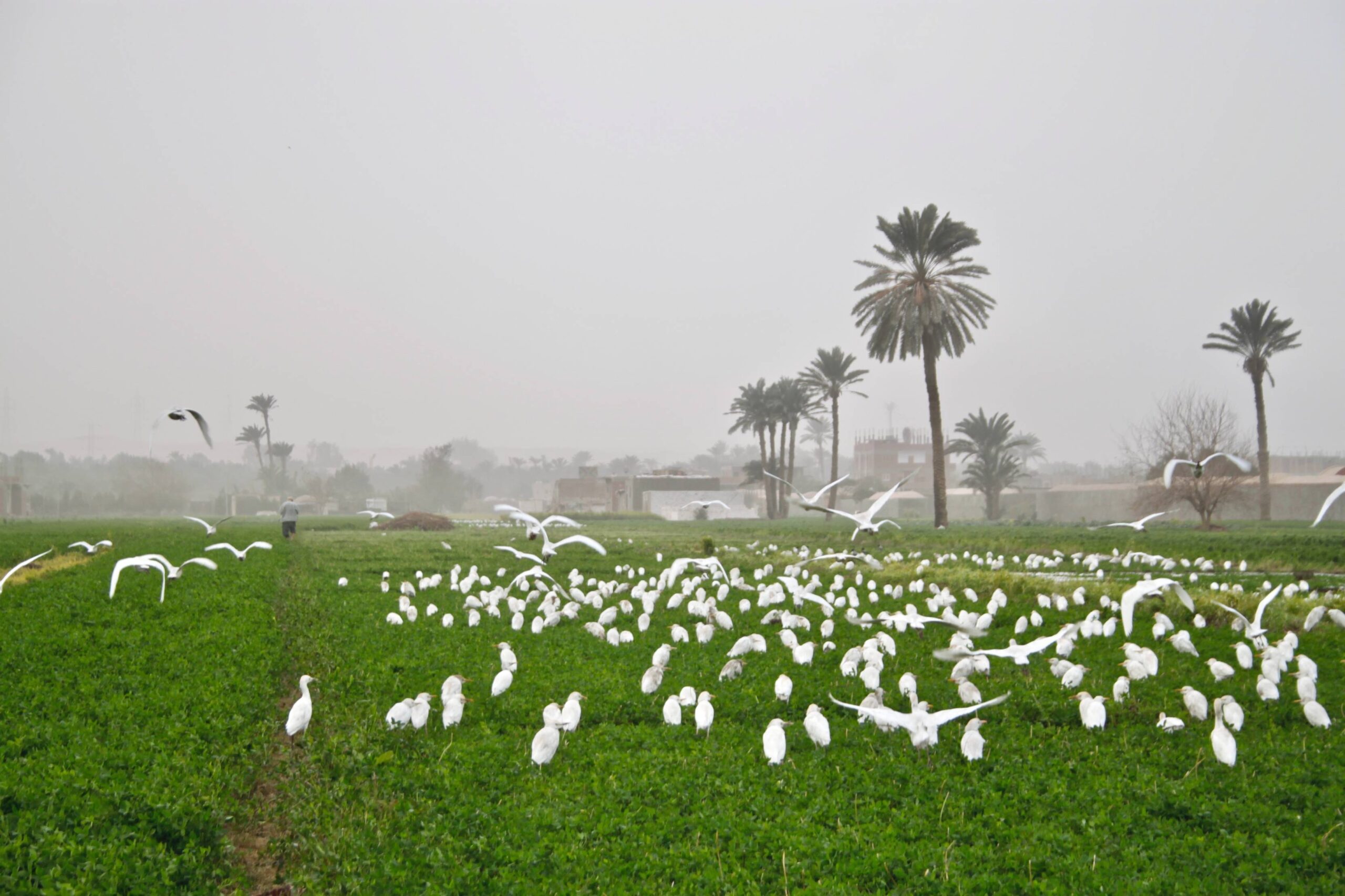Leading Communication & Visibility for the conditional-incentive based approach for Rural Development (RD)
Description
The Sustainable Rural Development Project (SRDP) envisaged the introduction of the “conditional incentive-based approach for Rural Development (RD)”, planned, implemented, monitored and evaluated according to best practices in the EU, as an instrument for Egypt to achieve its long-term goals, to reduce the level of poverty and improve the quality of life in rural areas, through the sustainable use of the critical resources available of land and water.
The RD programming process needed to be sensitive in placing Egyptian rural stakeholders’ needs first. SRDP was not meant to be seen as an attempt to impose EU systems and practices for their own sake but rather to encourage a gradual adoption of sustainable rural development (SRD) practices, where this makes sense for Egyptian Farmers and the wider rural population.
SRDP with support to be provided by the Technical Assistance Team (TAT) addressed a number of fundamental structural constraints that were inhibiting the development of the sector:
- shifting from the use of additional production related agricultural subsidies towards conditional incentive-based support measures;
- redirecting of Government support from larger-scale, state, and socially controlled production systems to the promotion of private agriculture and pro-active support for rural diversification;
- empowerment of local communities to take an active part in developing their future; and
- enhancement of the decentralisation and de-concentration process
- encouragement of investment in rural areas.
More specially, main activities of the TAT included the following:
- Provide extensive training and on-the-job counseling to UPEHC’s Programme Support Office (PSO) and the District Implementation Offices (DIOs) in the three Governorates) to enable staff to fully perform with their role.
- Support, jointly with Ministry of Agriculture & Land Reclamation (MALR), the grant beneficiaries (NGOs, CBOs, Farmers Associations, Cooperatives), improve their effective participation, through provision of information, training and on request consultancy on issues related to the pilot SRDP’s implementation, taking advantage of existing Local Area Development platforms to mobilise effective involvement of the local participating population.
- Inform local institutions about valuable experiences in RD in other regions and transferring information through study visits on conditional incentive based RD approaches abroad, in cooperation with MALR’s PSO, DIOs and trainers/coaches from MoALR staff. Particular emphasis should be given in the creation of new Local Action Groups (LAGs), similar to those for local strategies development, through the EU Leader Approach.
- Provide capacity to PSO’s staff to properly manage the ongoing procurement procedures, particularly related to the Grant Schemes. The TAT hereby studies and documents the results, impact and effectiveness of the interventions with a view towards the development of a national strategy for RD and poverty alleviation, through regular communication with ministries, involved in formulating and executing the Poverty Reduction Action Plan, as necessary.
- Assist local communities have a direct involvement in the identification and selection of projects, through participatory techniques, ensuring that NGOs and CBOs have their full engagement in the identification of needs and submission of proposals. In that way, local communities will function as vehicles for social and infrastructural services aimed at the poor and at the implementation of demand-driven activities, as part of the ongoing decentralisation process. This should increase the targeting of projects on the poor and achieve a stronger involvement of local workforce. Consultation of the local communities are organised at all stages of the projects’ cycle, from definition until conclusion.
- Contribute to good governance, through the modality of its support to a decentralised system of the pilot SRDP implementation. The involvement of group based organisations, NGOs, CBOs and other civil society, in the identification of priorities for project support, will exercise an element of participation and awareness and contribute to transparency and better governance.
- Give special attention so that
- the Proposals are based on actual demand and on willingness of the participating population to undertake compliance of a range of measures included in the two menus listed under Component 1 and
- activities are undertaken on a group basis, reflecting an improved use of a common property resource by a common group. There is a scope for individual support for a number of activities, primarily in the area of post harvest marketing, once the viability of the projects and the access in existing sources of credit are demonstrated.
- Carry out, during the Preparation Phase:
- a strategic Environment Assessment and
- an Overall Programme Estimates (OPE)
- and detailed Annual Programme Estimates (APE) to be approved by the National Steering Committee and endorsed by the ECD in Cairo.
Services
NSCE was specifically responsible to:
- Plan and implement a strategic planning workshop with stakeholders on PMC
- Prepare an annual procurement plan for SRDP throughout the lifetime of the project as well as standards ToRs and contracts for the implementation of the procurement plan
- Develop guidance for purchase under EU regulations
- Carry out SRDP procurement, supporting, advising and coaching the responsible staff to efficiently correspond to their procurement tasks
- Develop TQM for SRDP implementation
- Train PSO and DIOs staff in implementation of TQM measures and coach these as needed during implementation
- Prepare ToRs for Advisory Committee
- Prepare public promotion and advocacy plan for the conditional incentives approach
- Design support and means for dissemination and visibility
- Integrate the dissemination and visibility activities in the Annual Operation Plan
- Set communication policy and train PSO staff to work with media and alternative channels
- Advise, coach, support and coordinate promotion and visibility plans and activities
- Develop Training Needs Assessment for Participatory Rapid Appraisal (PRA)
- Design and implement training on PRA
- Conduct workshops with local stakeholders defining and prioritizing PRA deficiencies
- Design participatory identification of key issues and needs assessment of the pilot area
- Establish communication and reporting system for M&E between PSO and Grantees
- Conduct Needs Assessment for monitoring the M&E and Quality systems
- Design and implement workshops and training sessions regarding the proper administration and supervision of the M&E and Quality Control systems
- Design, perform, and evaluate training for conditional incentives pilot schemes


